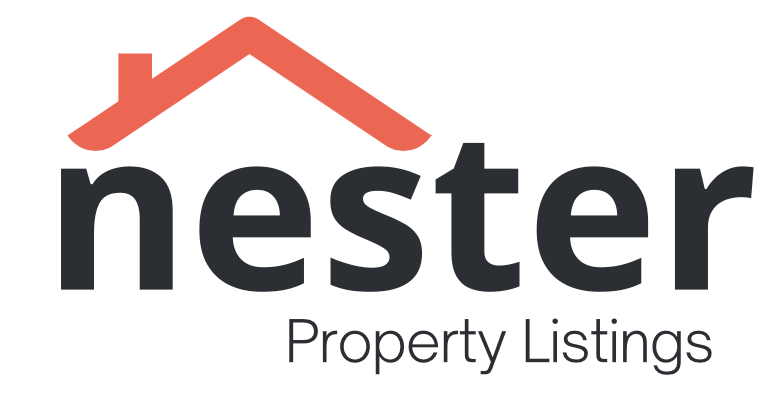Understanding Rental Tenant Rights in Australia ===
Renting a property is a common choice for many Australians, providing flexibility and convenience. However, it is crucial for tenants to be aware of their rights and responsibilities to ensure a smooth and satisfactory tenancy. This comprehensive guide aims to demystify rental tenant rights in Australia, helping both new and seasoned renters understand the key laws and regulations, security deposits and bonds, maintenance and repair responsibilities, privacy and entry rights, and navigating disputes and resolutions.
=== Renting in Australia: Key Laws and Regulations ===
Understanding the laws and regulations surrounding renting in Australia is essential for tenants. Each state and territory has its own Residential Tenancies Act, which outlines the rights and obligations of both tenants and landlords. These acts cover areas such as rent increases, lease agreements, termination notices, and eviction procedures. It is essential to familiarize yourself with the specific legislation in your state or territory to ensure you are fully informed of your rights and protections as a tenant.
=== Security Deposits and Bond: Know Your Rights ===
When renting a property, tenants are typically required to provide a security deposit, known as a bond. The bond is held as security against any unpaid rent or damage to the property. In Australia, the maximum bond that can be requested by a landlord is usually equivalent to four weeks’ rent. It is important to note that the bond must be lodged with the appropriate government authority, and tenants have the right to receive a receipt and a copy of the bond lodgment form. At the end of the tenancy, tenants are entitled to have their bond refunded promptly, provided there are no outstanding issues or disputes.
=== Maintenance and Repairs: What Landlords are Responsible for ===
One of the important rights tenants have in Australia is the right to a habitable and well-maintained property. Landlords are responsible for ensuring the premises are in a good state of repair and fit for the intended purpose. This includes maintaining essential services such as plumbing, electricity, and heating/cooling systems. Landlords must address any repairs or maintenance issues promptly, and tenants should report any problems as soon as they arise. It is important for tenants to document all communication regarding maintenance and repairs for future reference.
=== Privacy and Entry: Your Rights as a Tenant ===
As a tenant, you have the right to privacy and quiet enjoyment of the property you are renting. Landlords must provide notice before entering the premises, except in case of emergencies. The notice period required varies between states, but it is usually between 24 to 48 hours. It is essential to understand your rights regarding entry and ensure that your landlord respects your privacy. If there are any concerns about excessive or inappropriate entry by the landlord, tenants should seek advice from the relevant tenancy authority in their state or territory.
=== Disputes and Resolutions: Navigating Rental Disagreements ===
Despite efforts to maintain a positive landlord-tenant relationship, disputes may still arise during a tenancy. In such cases, it is important to know how to navigate and resolve conflicts effectively. Most states and territories have tenancy dispute resolution services available, which provide mediation and assistance in resolving disagreements between tenants and landlords. These services can help clarify rights and obligations, negotiate solutions, and, if necessary, provide guidance on taking the matter to a tribunal or court. Understanding the dispute resolution process and seeking professional advice can help tenants protect their rights and achieve a fair outcome.
===OUTRO:===
Being aware of rental tenant rights in Australia is crucial for a harmonious and secure tenancy. Understanding the key laws and regulations, knowing your rights regarding security deposits and bond, being informed about maintenance and repair responsibilities, being aware of privacy and entry rights, and knowing how to navigate disputes and resolutions are all essential to ensure a positive renting experience. By educating themselves on these important aspects, tenants can confidently assert their rights and protect their interests throughout their tenancy.

